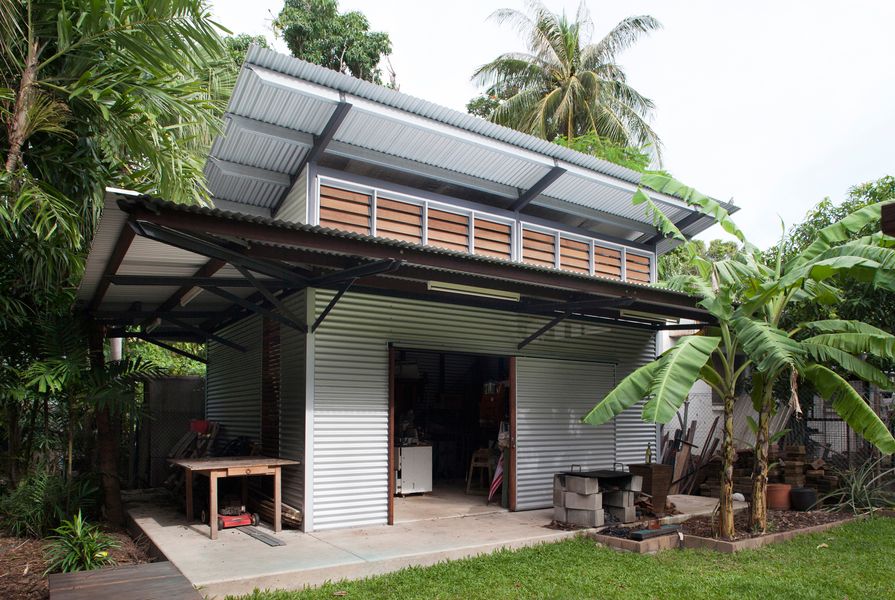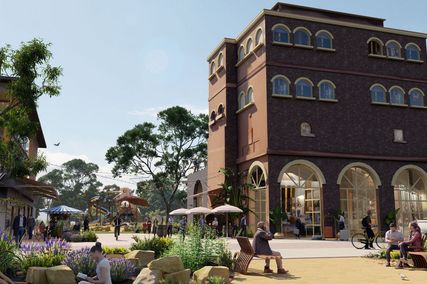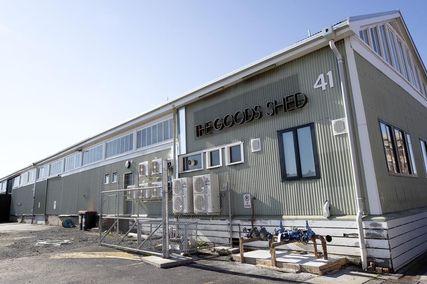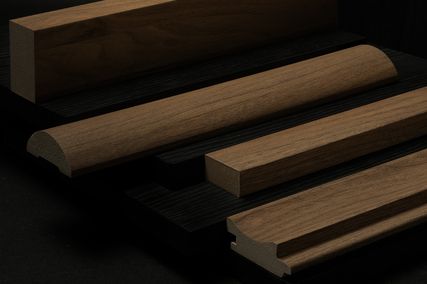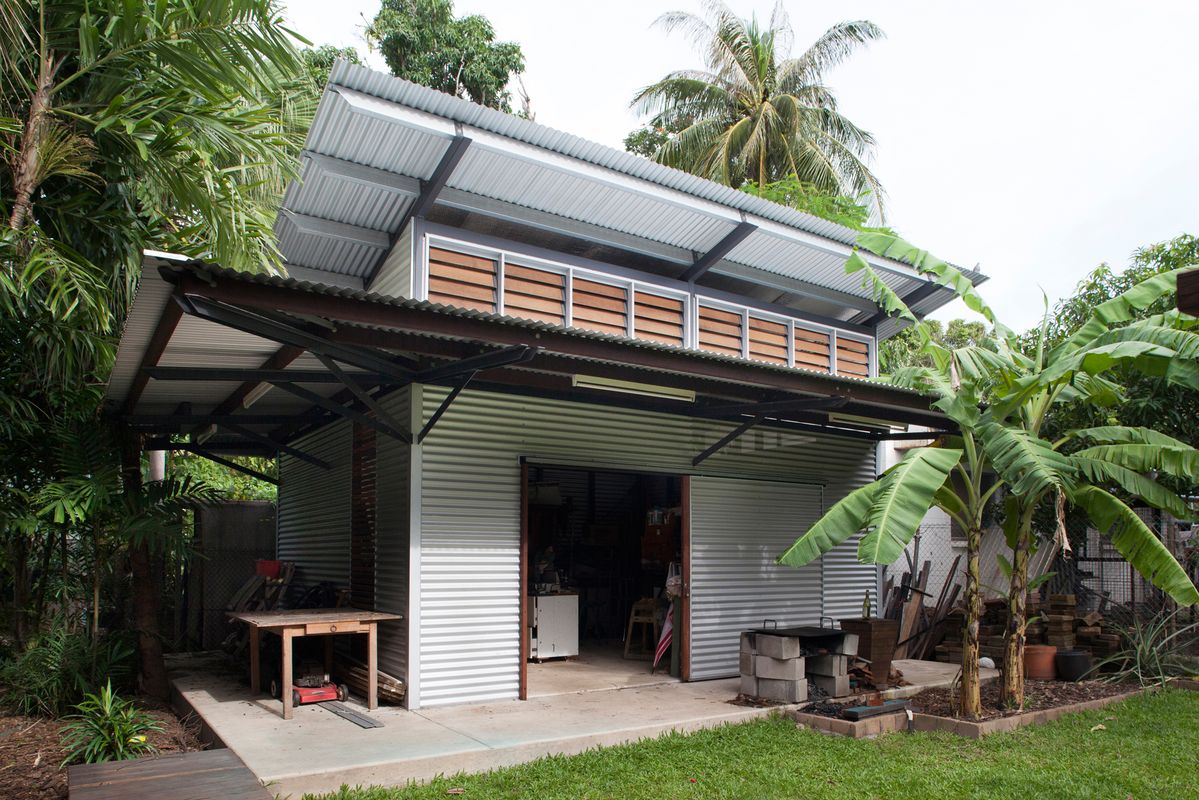The Northern Territory’s lands and planning minister David Tollner has set up a review group chaired by 2014 Gold Medal co-winner Phil Harris. The review group will examine the incompatibility between the National Construction Code and design suitable for Australia’s northern tropical climate.
The minister said there were concerns that the regulations favour “esky” homes most suitable for southern Australia that rely on air-conditioning and have small windows.
In their AS Hook Address, Gold Medal winners Phil Harris and Adrian Welke, both of Troppo Architects, reflected on the disparity between the concept of sustainable design in different Australian climates.
“As a rule, our free-running tropical buildings, regionally proud, built on tradition and with the lowest imaginable energy inputs, in fact receive 0 of a maximum 10 stars – even when they win sustainable architecture awards,” they said.
Harris will chair the independent Domestic Building Code Review Group, which will be made up of architects, builders and engineers from a number of organizations including Troppo Architects, the Building Designers Association, Engineers Australia, the Australian Building Sustainability Association, Master Plumbers NT, the Housing Industry Association and the Master Builders Association.
“Whilst well-intentioned, energy-efficiency provisions under the national code have led us away from our common-sensical past,” Harris said.
“With the science of today, this review offers a great opportunity to get back to shaping a charismatic tropical face for Darwin, building on the Top End’s unique architectural heritage.”
The minister said the group was formed to encourage more “tropical-friendly” homes in the region.
“Territory homes have to comply with the National Construction Code, but this code was designed with the aim of encouraging energy-efficiency in the southern states,” Tollner said.
“It means new homes in the Top End are highly insulated and there is concern this discourages the use of traditional cooling features, such as verandas and large louvred windows. That’s why I’m bringing together our local building experts to review how these requirements affect housing in the NT and how we can fix the situation.”
Draft changes to the National Construction Code were recently criticized by built environment experts for relaxing regulations regarding energy efficiency. Changes to the National Construction Code are due to come into effect from 1 May 2016, and will be set in place for three years.
The group will receive some administrative support from the territory government’s Building Advisory Services department, and will deliver a final report to the minister in March 2016.

